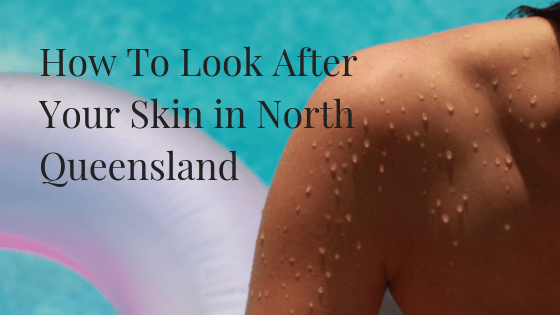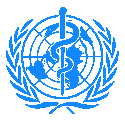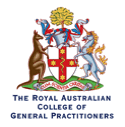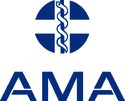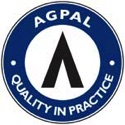Townsville’s dedicated skin clinic, the North Queensland Skin Centre, now has a new home at www.nqskincentre.com.au. Click here for more information.
Learning to look after your skin is important in any state of Australia – in the lucky country we have one of the highest UV ratings and one of the highest rates of skin cancer in the world. Your North Queensland skin needs extra special care, so we have put together some helpful tips for you.
Why is Australian sunshine dangerous?
A little bit of sun is healthy for you in many ways, and we all need some vitamin D. But too much sun (the same as too much of anything, really!) can be very unhealthy.
Long-term exposure to the sun increases your chances of skin cancer. It also increases your chances of cataracts and other eye damage, and ages and wrinkles your skin more rapidly than if you weren’t exposed.
While some experts say that getting sunburned badly when you are younger can double or even triple your chances of getting skin cancer, you should never think that it is too late to protect yourself and improve your risks.
North Queensland skin is obviously often touched by North Queensland sun. Australian sun doesn’t just feel like it burns more than in other parts of the world – it really does.
The much higher rate of skin cancer in Australia could be due to a number of factors. The depletion of the ozone layer in the atmosphere, which keeps UV rays out, is at its worst over Antarctica and Australia. Also, the Earth’s orbit brings us closer to the sun in summer than most parts of the world in their hottest months.
We have more clear, sunny days every year than other parts of world, which sounds like a nice thing, but does mean the sun gets to us a lot more often. Saying that, you can also get burned by UV rays on cloudy days, so just avoiding the direct sun will not be protection enough!
How can you look after your skin before heading out?
It may sound like we get this pounded into us, but it is so incredibly important to protect your skin, and the skin of any little ones in your care, against the sun.
Children of the 1980s and earlier grew up without having to worry too much about protection against the sun, and we are paying for it now. Today’s children should be raised knowing very well how important sun protection is – and as parents and carers, it is our job to make this a habit for everyone.
This means:
- Wearing sunscreen on any exposed parts of the skin that may be out in the sun for more than ten minutes. It should be at least SPF 15+, although SPF 30 is obviously better.
- Wearing SPF protective lip balm
- Wearing a hat with a wide brim
- Wearing sunglasses
- Wearing loose, protective clothing that covers shoulders, back, and arms
- Staying inside or under the shade between 11 am and 3 pm
You should drink lots of water to hydrate your body and your skin.
If you or your children are getting into some water play, make sure that you are using a waterproof sunscreen. Reapply sunscreen after two hours.
Use a moisturiser on yourself and your children every day that has sunscreen built in. This will protect you from all the incidental trips outside like going between the car and buildings, or hanging out the washing.
If anyone is going to be outside for more than a few minutes, load up on proper sunscreen as well.
What can you do to care for your skin when you come back in?
Again, drink lots of water to keep your water levels hydrated. Also moisturise your skin after a day in the sun – natural ingredients like aloe vera and tea-tree oil are really good for helping skin to heal.
What you need to know about Skin Checks
Skin cancer is seen far before it is felt, or before you have any other symptoms, so there really is little excuse for not keeping an eye out.
The outward signs of skin cancer are often easy to see with the naked eye, so you can do so much for early intervention. You can examine your own skin and also get skin checks done by your GP.
Checking yourself means regularly looking over any sunspots, moles or other suspicious marks. You should keep an eye on existing ones to watch for changes, and also watch for any new spots appearing.
All adults should aim to give themselves a self-check every 3 months to watch for changes.
You should watch for:
- Changes in shape
- Changes in colour
- Changes in size
- Irregularity or colour weeping from the border of the spot
Anyone at high risk should get an annual skin check by their GP or a skin cancer clinic.
Getting a regular skin check by your GP is more comprehensive then self-monitoring, and is absolutely essential if you are concerned about your skin cancer risk. GP’s have a better rate of picking up on suspicious skin, and also can detect abnormality or risk much sooner than the untrained eye can.
Basically, if you get your skin checked by a doctor regularly, they are more likely to notice a problem, and more likely to get you intervention early, which increases your chances for staying well.
If you have any questions or concerns arising from this article, make sure that you contact your doctor at North Queensland Skin Centre.
Ready to up your wrist game? Fake Rolex offers a killer selection of replica watches that’ll have you turning heads.
*The advice in this article is general in nature only and shouldn’t be relied upon without seeking personal treatment from a medical physician.

